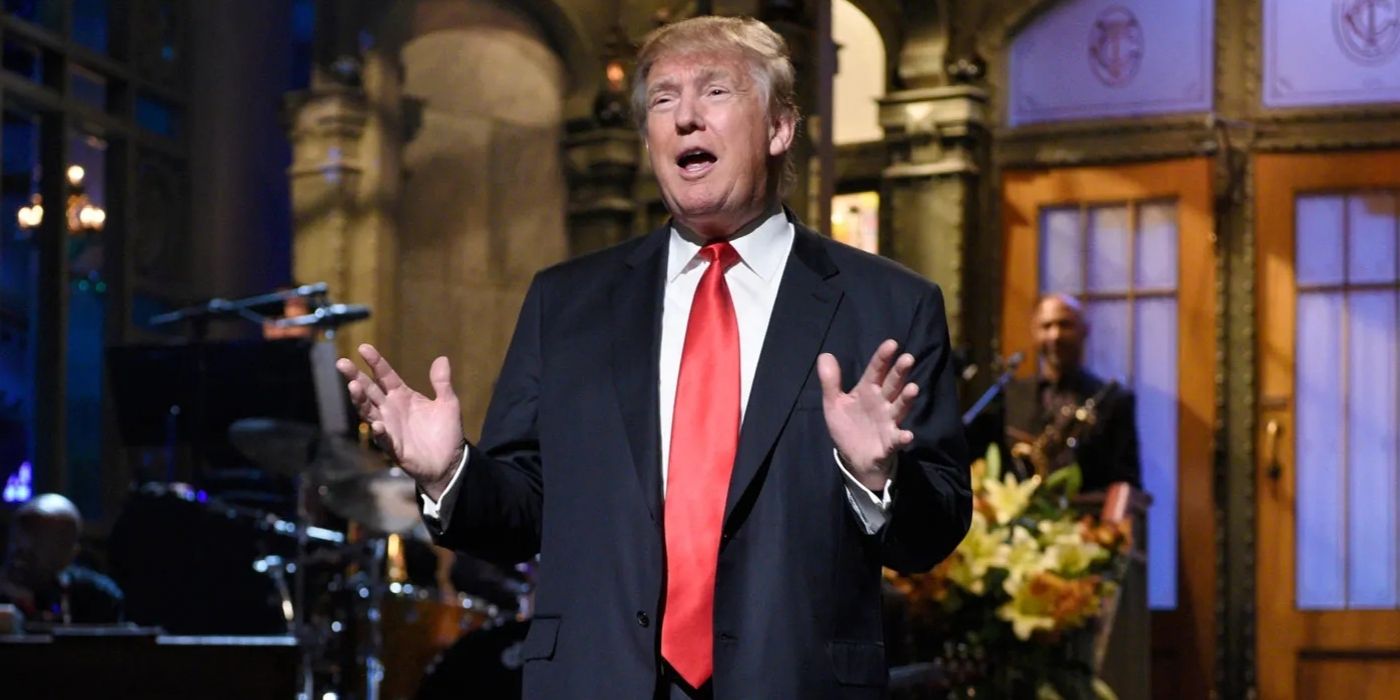The bad news for members of theCriterion Collection club: your access to movies might be at risk if
Donald Trump
gets a say in the decision.
This week, he suggested imposing a 100% tariff on all movies made outside the United States, citing a “national security risk.”
On his Truth Social platform, Trump announced a new policy aimed at incentivizing—or potentially compelling—film production companies to pursue domestic co-productions and film inside the U.S., rather than overseas. He directed the Department of Commerce and other federal agencies to explore imposing significant import tariffs to support this initiative.
Who will likely face the greatest impact if such an extreme step is implemented? It’s difficult to predict with certainty, but counteractions shouldn’t be dismissed as we move into another phase of trade conflicts. In terms of domestic commerce, things might also become quite challenging. Smaller movie houses in America, which have been struggling due to declining patronage over several years, now confront yet another significant challenge because of this.
pending price-gouge
Is he being serious about Donald Trump being the worst thing for art house cinema since the Italians began dubbing their films?
The Tariff-Roulette Wheel Continues to Spin
President Trump undoubtedly sees himself as the only man who can save a moribund Hollywood. Where do we even start? As previously covered in recent articles, the cost of filming in the state of California is, in fact, prohibitively expensive. However, this new punitive proposal overlooks the fact that other locations in America are often the ones killing LA.
His reasoning is somewhat unclear, as is his understanding of global finance. He refers to movies “made” in America, yet numerous films nowadays are actually created through collaborations involving various international bodies, frequently backed by overseas financiers. It’s worth pointing out that the share values of several entertainment firms, such as Netflix, Disney, and Comcast, declined following the threat of tariffs, according to reports.
CNBC
. This puts into question any support from Hollywood that Trump may have expected.
Was he intending to mention imposing tariffs on movies?
filmed
Outside the U.S.? This seems somewhat logical. However, Trump and his economic advisers fail to consider that movies
Producers escape Los Angeles for Canada
or the UK because of subsidies and tax breaks. The perplexing aspect is that the U.S. already owns the world box office, despite other nations offering generous tax breaks.
According to
ABC News
The largest Chinese film earned just $20 million in North America, which constitutes only a small portion of its overall earnings. Whether for good or ill, China no longer requires or desires American blockbusters. This can be illustrated by the fact:
Top Gun: Maverick
At some point, the project was supported financially by a Chinese media firm (Tencent). However, they eventually abandoned it to create their own government-backed version instead. What is the ultimate objective here?
Entertainment Has Become the Latest Casualty in the Economic Warfare of Attrition
The straightforward truth is that the film industry acts like a magnet for negotiation. It’s unlikely that Trump is concerned with Chinese movie enthusiasts’ ability to view the movies.
Thunderbolts*
after
China decreased the quantity of American-made movies.
.
As a result of the tariff, American independent theaters could be disadvantaged if their distribution expenses increase.
Remember, the EU has already implemented retaliatory tariffs since April to offset the initial round of U.S. tariffs. There’s nothing stopping them from imposing additional charges on those who wish to watch movies produced by Disney or Warner Bros. You might also witness a European version of the MAX or Netflix fee, similar to what was approved in the Philippines recently.
Instead of providing government funding for domestic film production through subsidies, Trump proposes the reverse—a quasi-tax imposed on individuals who watch movies shot abroad.
Is this suggesting that Trump covertly aims to end years of European-backed movie incentives and American-focused cinema restrictions in China, or is this merely unintended fallout from an unrelated broader dispute? The communication around it is too unclear to determine definitively. Nobody understands the details at present, including likely Trump himself. We will continue updating you on this matter.
